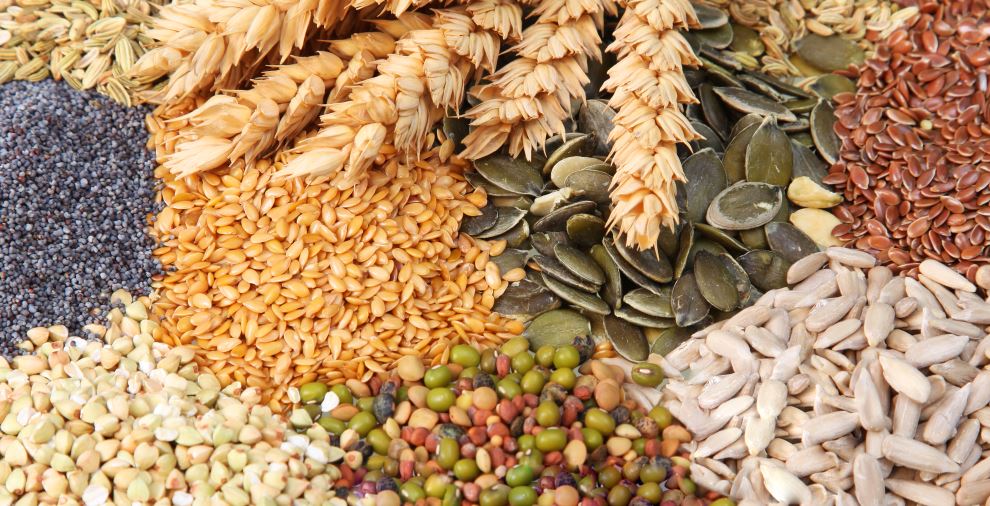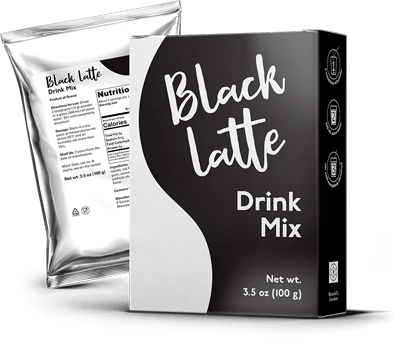There are hundreds upon hundreds of diet plans in the market which promise speedy weight loss. Out of all these strategies only a few are effective and the rest are all but diet fads that offer short term results.
The only scientifically proven way to lose weight and keep it off for good is to include whole foods in your daily meals. There are no shortcuts. Straight up healthy eating is key to effective weight loss.

What are whole foods?
Whole foods are basically unprocessed foods that can be consumed as is. These dietary food items have not undergone any type of refinement methods and processes. Fruits and vegetables are perfect examples of whole foods.
They can be eaten raw and without having the need to alter or modify them in any way. A unique feature of whole foods is that they can be eaten fresh. Tomatoes, strawberries, and vegetables can be plucked from the garden and eaten right away.
What are the benefits?
One benefit of eating whole foods is the fact that they are not stripped off of nutrients. Those that are grown using organic methods are safe and contain a handful of health benefits; that which cannot be found in produce that were grown with the aid of artificial fertilizers and pesticides.
Whole grains are a good example of whole foods that should be a part of everyone’s meal plan. Aside from being healthy, they are also proven to facilitate fast and permanent weight loss. Obviously whole grains are natural products that include the entire grain kernel.
Nutrient Dense
The skin, bran, germ, and endosperm are not removed with the use of refinement. These components are left intact as they are proven to contain more nutrients than those found in processed grains. During the refinement process, the bran and germ layers are removed to improve the shelf life of grains.
Although this is deemed a benefit, the process of grain refinement strips off nutrients that aid in weight loss such as dietary fibers and vitamins and minerals. Although most refined grains are enriched with vitamins and minerals, the fiber content remains low as this component is difficult to replicate and manufacture.
What makes whole grains healthy?
Due to their raw and pure nature, whole grains are filled with nutrients and dietary fibers. Whole grains are perfect examples of low-energy density foods. They contain minimal calories but are highly-dense with nutrients as well.
Low-energy density food consumption provides that feeling of fullness or satiety, thus making it less likely for you to crave and go hungry for a long while.
Feel fuller faster!
You feel fuller on fewer calories when you regularly consume whole grains. This perfectly coincides with the weight loss rule of low calorie intake in order for the body to utilize the stored fat as energy source.
You may be wondering what components of whole grains make it a low-energy density food item. Here are top three elements which make It possible for individuals to lose weight by consuming whole grains:
Water provides that added weight and volume to whole grains. And since water does not contain any calories, consuming large amounts of whole grains will not result in weight gain.
Fibers comprise most of the bulk in whole grain products. It takes up a lot of the volume in whole grains. Eat high-fiber food items also facilitate slow digestion, which in turn will make you feel fuller despite minimal calorie consumption.

These two components are what makes whole grains the secret recipe for weight loss.
Other benefits of whole grains
Aside from the weight loss properties found in whole grains, there are a myriad of health benefits that people can derive from regular consumption:
- No cholesterol
Whole grain products like oatmeal and whole grain cereals have zero-cholesterol levels. This means that you can consume as much whole grains that you want without having t o be scared of excess calories. Moreover, they do not contain saturated fat and trans-fatty acids, thus making the a better choice over refined grains such as those found in breads, cakes, and pastries. You will be able to maintain a healthy cholesterol level in the bloodstream, thus ensuring good health.
- Unsaturated Fatty Acids
There are whole grains which contains a host of essential fatty acids. Unlike processed grains, whole grains feature healthy doses of essential fatty acids like Omega-3, Omega-6, and Omega-9. These essential fatty acids do not contribute to increased cholesterol levels. Quite the contrary, they even increase good cholesterol levels while decreasing bad cholesterol levels.
- Packed with vitamins and minerals
Although food manufacturers add in nutrients after the refinement process, the concentrations are not enough to induce health benefits. With whole grains, you consume more than the ideal levels of vitamins and minerals that are essential in many of the human body’s critical functions.
Most whole grains are rich in magnesium, calcium, iron, selenium, phosphorus, and zinc. Due to its organic nature, whole foods are also high in phytochemicals which aid the body in fighting diseases and improving general well being too.
Examples of Whole Grain Products
- Oats
- Whole grain cereals
- Brown rice
- Barley
- Bulgur
- Farro
- Millet
- Quinoa
- Wheat berries
Check whole grains calories & GI index
Another great benefit of using whole grains for weight loss is that they are inexpensive. You can buy a bag of wheat for a few dollars.
Video: The Phengold Fat Burner
You are also given the chance to add your preferred flavor to your whole grain meals. Be sure to add other whole foods such as organic vegetables and fruits and to reduce sugar use as well for optimum weight loss results.



